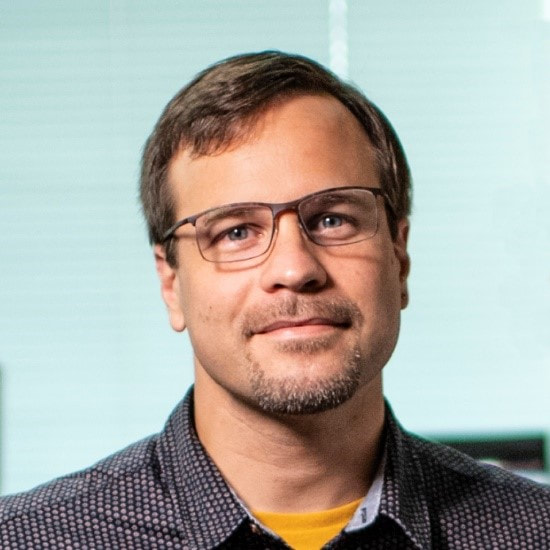Research Focus
Our laboratory is dedicated to finding a cure for Pancreatic Cancer. We perform preclinical trials of novel therapeutics using advanced genetically engineered mouse models of pancreatic cancer. Our research is incredibly collaborative and resourceful using all areas of biology to answer our questions. Our research ranges from in vitro, ex vivo, and in vivo models as well as computational biology to better analyze our data.
About Ken Olive
|
Kenneth P. Olive earned a B.S. from Bucknell University and his PhD from MIT. Dr. Olive performed his ostdoctoral research in David Tuveson's laboratory first at the University of Pennsylvania then across the pond at the University of Cambridge when Dr. Tuveson's lab moved to the UK. Dr. Olive joined Columbia in 2010 and is an associate professor in the department of medicine and director of the Oncology Precision Therapeutics and Imaging Core (OPTIC) Shared Resource.
Dr. Olive's research is dedicated to finding a cure for pancreatic cancer. The Olive Lab performs preclinical therapeutics trials using advanced genetically engineered mouse models of pancreatic cancer. With an average survival of less than six months, PDA is a uniquely lethal disease that is responsible for the deaths of over 35,000 people annually in the US. 90% of patients present with advanced disease and in most cases, the tumors are innately resistant to chemotherapy. There is great need for advances in the treatment of this disease. The core of the laboratory is based on a preclinical trials infrastructure called the "Mouse Hospital". This effort seeks to treat mice with pancreatic cancer in exactly the manner that human patients are treated. Tumor volumes are tracked and quantified using advanced small animal imaging technologies such as high-resolution ultrasound and optical imaging, and mice are enrolled into randomized therapeutics trials. Pharmacokinetic and pharmacodynamic analyses, functional imaging, microscopy, biochemistry and molecular biology techniques are employed to assess drug mechanisms and understand relevant signaling pathways. Ultimately, successful therapies will be translated into the clinical settling through our collaborations with the Pancreas Center of Columbia University. |
Contact Us
Email: |
Phone: |
(212) 851-4507
|
Address: |
ICRC
1130 Saint Nicholas Ave Rm 208C New York, NY 10032 |
Connect:
|

